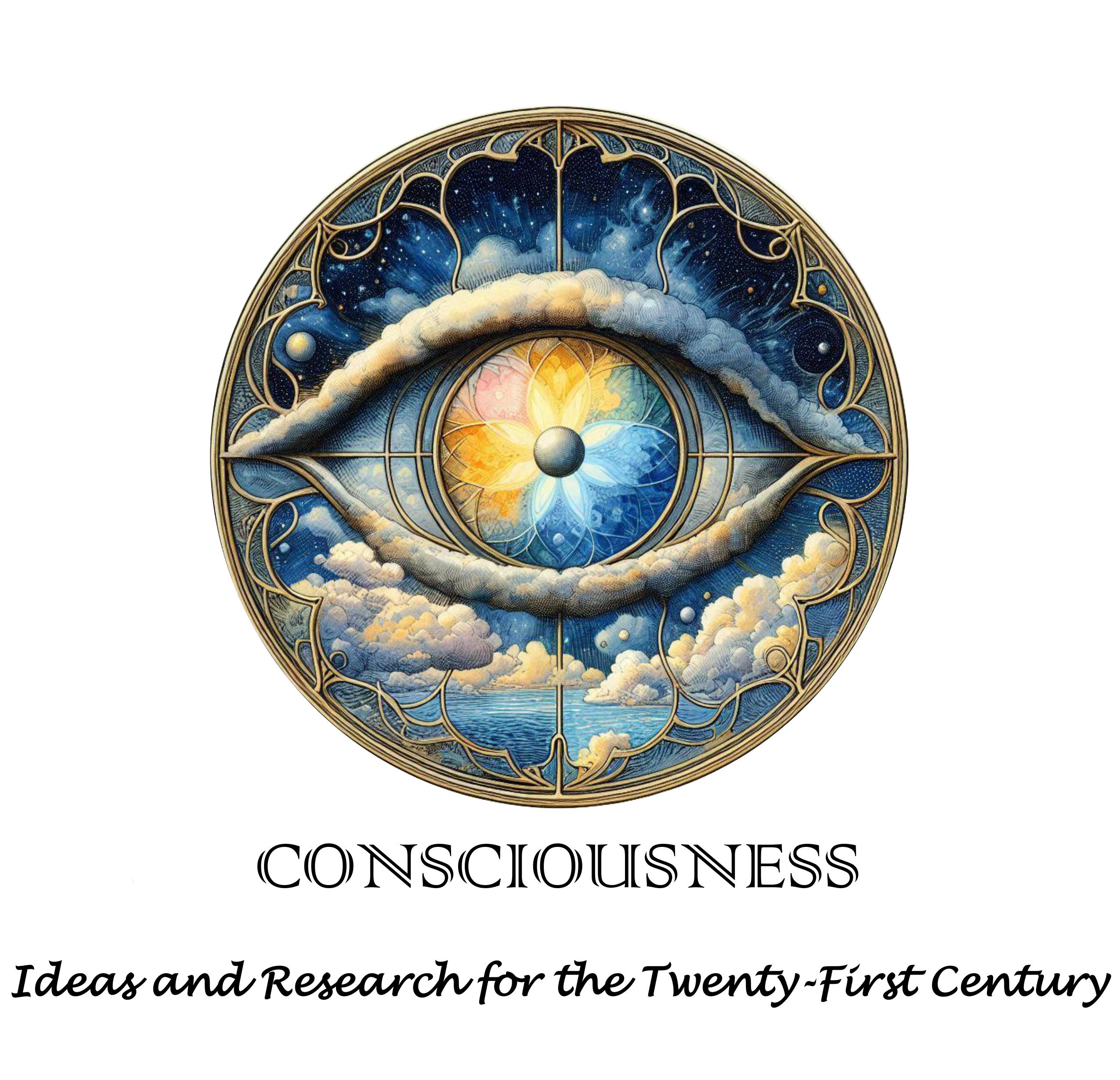
Abstract
This paper explores stages and styles of meaning making in a population at Kegan’s (1982) developmental levels 3 through 5. It is a qualitative study of the relationship between adult personality development and how individuals speak about meaning and well-being in their lives. Nineteen participants ranging widely in age and socioeconomic class were selected informally through connections with the researchers, and snowball sampling. They were chosen from an original group of 50, based on informal interviews suggesting that they had achieved Kegan’s developmental levels of “Socialized Mind” (stage 3), or especially “Self-Authoring Mind” (stage 4) or “Self-Transforming Mind” (stage 5). The subject-object interview (Lahey et al., 1988) was chosen for the study because it is a powerful instrument for examining adult developmental complexity in the context of a flexible variety of topics, in our case especially how the participants describe experiences of meaning making around the topic of well-being. In this investigation it was found that people experience well-being differently as meaning-making structures shift from concrete to more flexible and expansive developmental organizations. Here well-being was examined in exploratory interviews, allowing participants to talk openly. The study was able to capture and organize ways experiences of well-being shift in conscious across these three developmental levels. The participants articulated conscious links between experiences of wellbeing and experiences of more complex developmental stages, and many of the participants at higher developmental stages described a connection between altruistic thoughts and behaviors, and the highest levels of well-being.
Recommended Citation
Havens, Rien and Combs, Allan
(2016)
"Growth and Happiness in the Human Personality,"
CONSCIOUSNESS: Ideas and Research for the Twenty-First Century: Vol. 4:
Iss.
4, Article 3.
Available at:
https://digitalcommons.ciis.edu/conscjournal/vol4/iss4/3
Included in
Cognition and Perception Commons, Cognitive Psychology Commons, Other Life Sciences Commons, Other Neuroscience and Neurobiology Commons, Philosophy Commons, Psychiatry and Psychology Commons, Quantitative, Qualitative, Comparative, and Historical Methodologies Commons, Social Psychology Commons, Social Psychology and Interaction Commons


